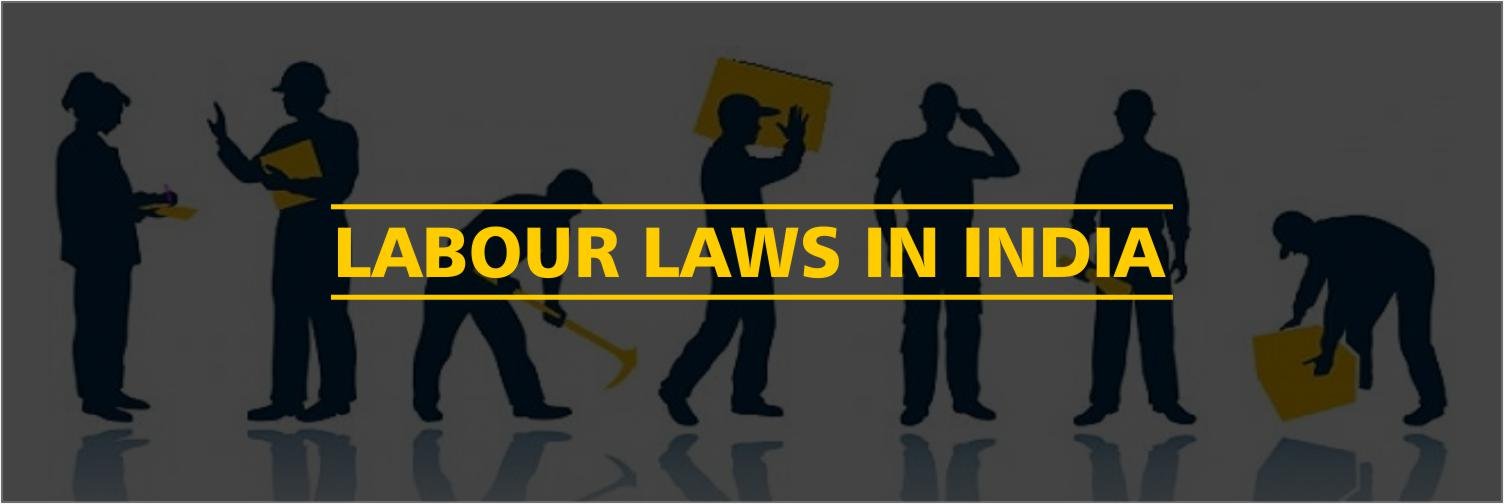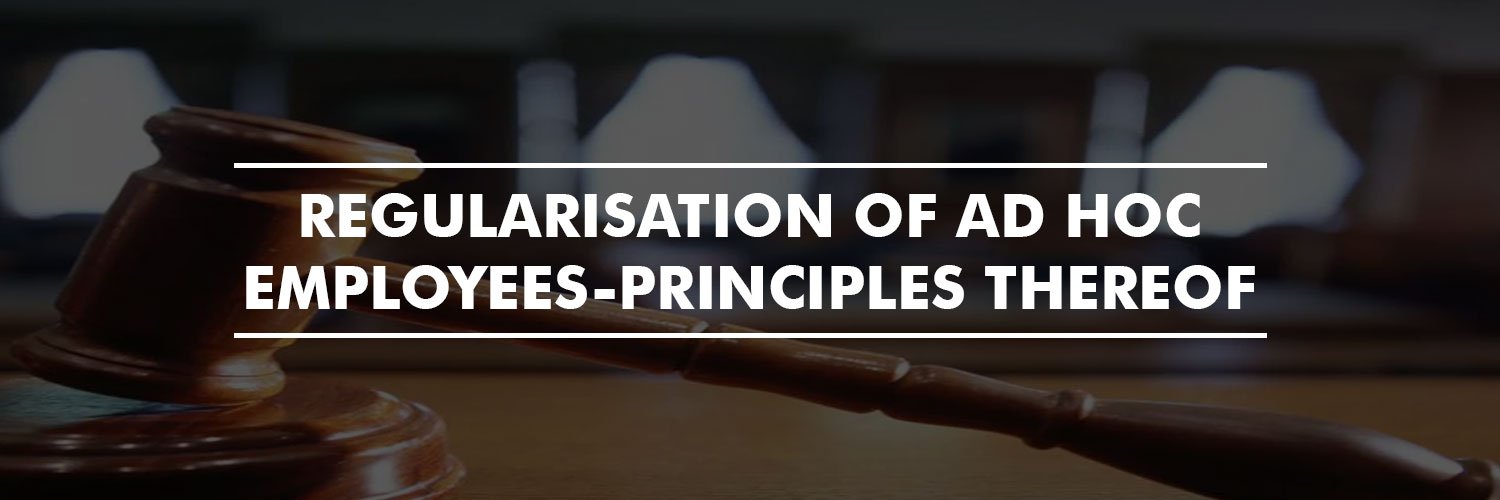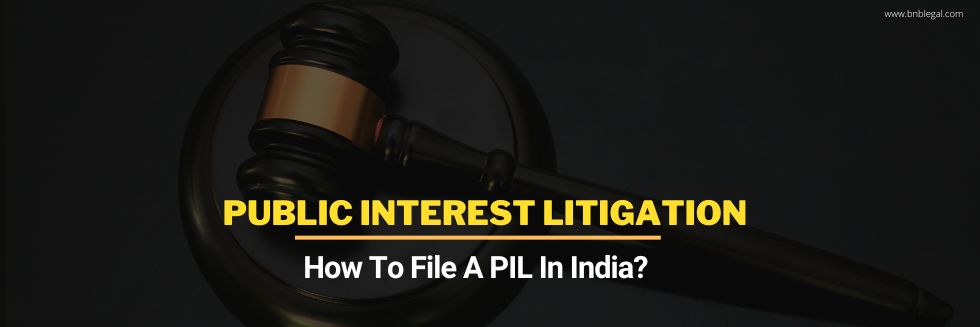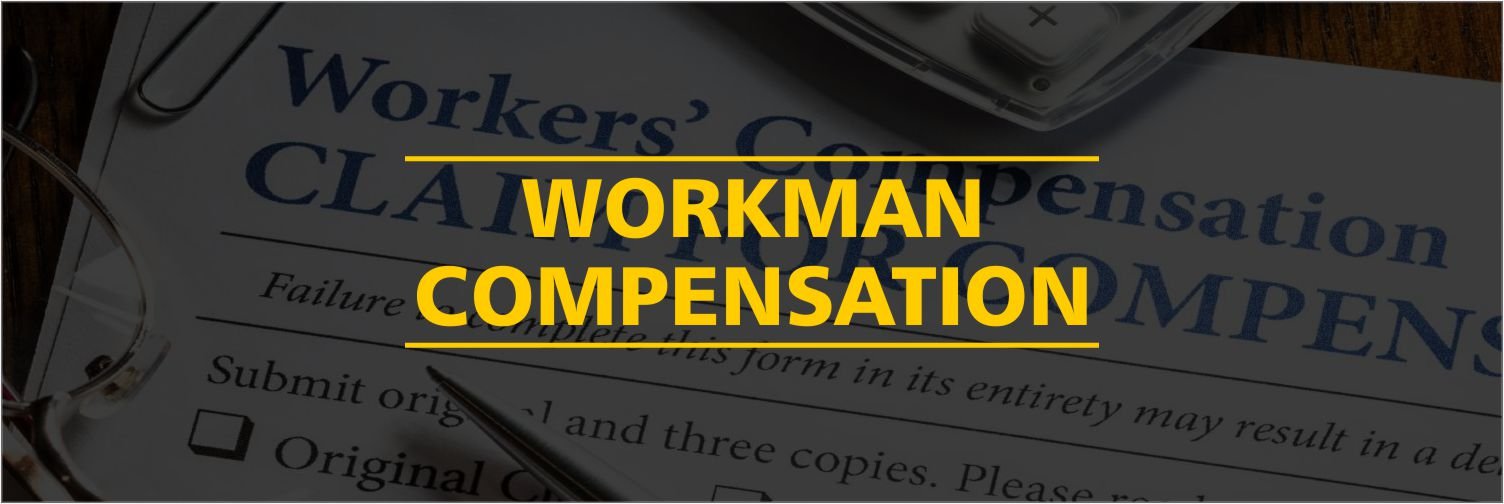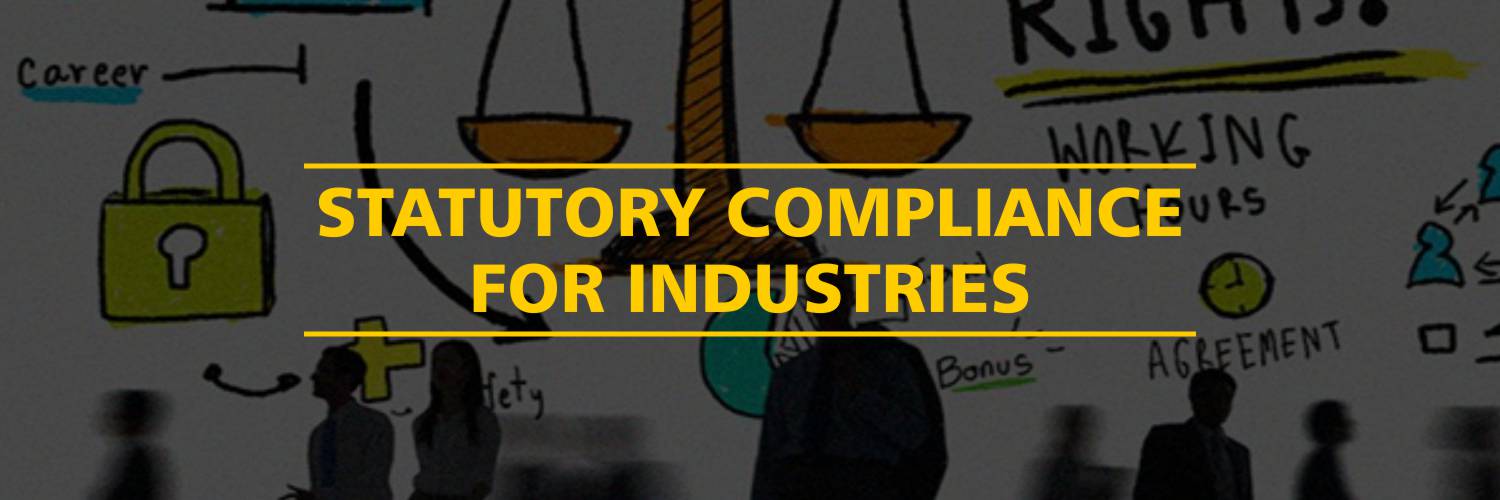The Contract Labour (Regulation and Abolition) Act got the assent of the President of India on 05.09.1970. The ideology behind the enactment of the Act was to ban the employment of contract labour in particular work conditions and to control the working conditions of contract labour during employment. The Contract Labour (Regulation and Abolition) Act is applicable on an establishment, in which twenty or more contract labour are employed in an accounting year as contract labour, however, the Act is not applicable to establishments in which work to be performed is only of an intermittent or casual nature.
What Not is Intermittent Work
A work will not be considered as intermittent if it is performed for more than a hundred and twenty days in a year, or if a work is of a seasonal character and is performed more than sixty days in a year.
Who is a Contract Labour?
According to the Act, contract labor is a workman who is hired in or in connection with work by or through a contractor, with or without the knowledge of the principal employer.
Who is a Contractor?
According to the Act, a contractor is a person who undertakes to complete a particular task for which he is engaged by the principal employer. The scope of the contractor is not only restricted to the supply of goods of articles for the production of goods or completion of a task by contract labour.
Central Advisory Board
Central Advisory Board is established under section 3 of the Act by the Central Government and is called as Central Advisory Contract Labour Board. The Central Board consists of a chairman which shall be appointed by the Central Government, The Chief Labour Commissioner and 11 to 17 nominated members to represent the government, the Railways sector, the coal industry, the mining sector, the contractors, the workmen and any other sector with the opinion of the Central Government.
State Advisory Board
Under section 4 of the Act, if the state government requires for the establishment of a state advisory board, the state government may constitute a board which shall be called State Advisory Contract Labour Board to advice the state government on a matter arising out of the administration of the act. The State Board consists of a Chairman to be nominated by the State Government, Labour Commissioner or in his absence any other officer represented by the State Government and 9 to 11 members appointed by the state government to represent the government, industry, contractors, workers and any other sectors with the opinion of the State Government have to represent on the State Board
Registration of Establishments Employing Contract Labour
Every establishment which desires to employ contract workers for its work is required to obtain a certificate of registration from the Government concerned. For the purpose of obtaining a certificate of registration, the employer shall approach the Registering officer appointed under section 6 of the Act with an application for registration and along with the receipt of payment of the prescribed fee. Upon the satisfaction of the officer, he shall register the establishment and issue a certificate of registration.
Contents of Certificate of Registration
The certificate of registration contains the following particulars:
- The name and address of the establishment.
- The maximum number of workers permitted to be contracted as contract labour in the establishment.
- The type of business.
Revocation of Registration
Upon the satisfaction of the registering officer, either on a reference made to him or suo moto, he may revoke the registration if the registration of any establishment has been obtained by suppression of any material fact, misrepresentation or that for any other reason the registration has become useless or ineffective after giving an opportunity to the principal employer of the establishment to be heard and with the prior approval of the appropriate Government.
Welfare and Health of Contract Labour
- Establishment of Canteen
- Establishment of Rest Room
- Make provisions for first aid facilities
Although it is the duty of an establishment to provide for the aforesaid facilities, however, the principal employer has a right to recover the expenses incurred for making the arrangements from the contractor who has provided the establishment with contract labour.
Who is Responsible for Payment Oof Wages to Contract Labour?
According to Section 21 of the Act, it is the duty of the contractor who has arranged for contract labor to pay wages to them, within a specified time, however, if the contractor fails to pay the wages, it is the duty of the principal employer to pay. If the wages are paid by the principal employer, he can recover the amount from the contractor.
Penalties and Procedure
Punishment for obstructing an inspector from discharging his duties:
According to section 22 of the Act, any person who obstructs an inspector in performing his duties or refuses or willfully neglects to afford the inspector any reasonable facility for making any inspection, examination, inquiry or investigation, shall be liable for a punishment with imprisonment which can extend to three months, or with fine up to five hundred rupees, or with both.
Contravention of Provisions Regarding Employment of Contract Labour.- Any person restricting, regulating or prohibiting, the employment of contract labour, or contravenes any condition of a license granted under this Act, shall be liable for a punishment of imprisonment up to three months, or with fine which may extend to one thousand rupees, or with both, and in the case of a continuing contravention with an additional fine which may extend to one hundred rupees for every day during which such contravention continues after conviction for the first such contravention.
Offences by Companies
If the offence is committed by a company, every person in charge of, and responsible for the conduct of its business at the time of the commission of the offence shall be considered guilty of the offence and shall be liable to be proceeded against and punished accordingly.
This article is written by Paras Chugh. The author can be contacted via email at paras@bnblegal.com
For more information and professional consultation regarding labour law matters, our expert labour law advocates in Chandigarh can be contacted from Monday to Friday between 10:00 am to 6:00 pm and between 10:00 am to 2:00 pm on Saturdays.

